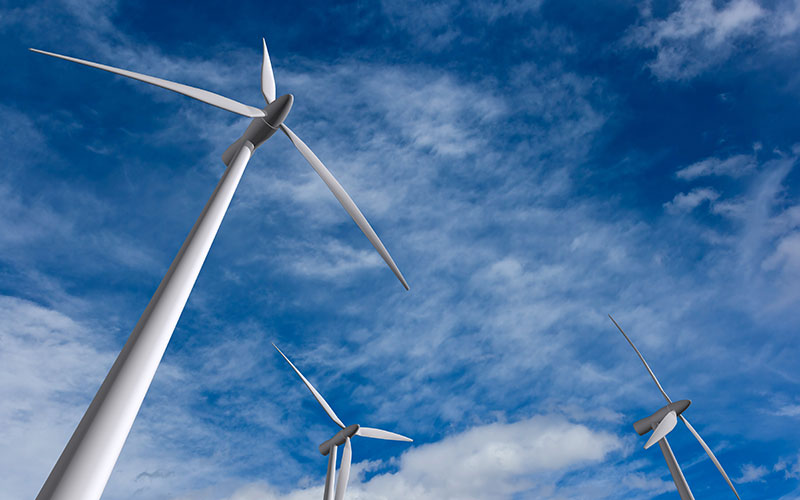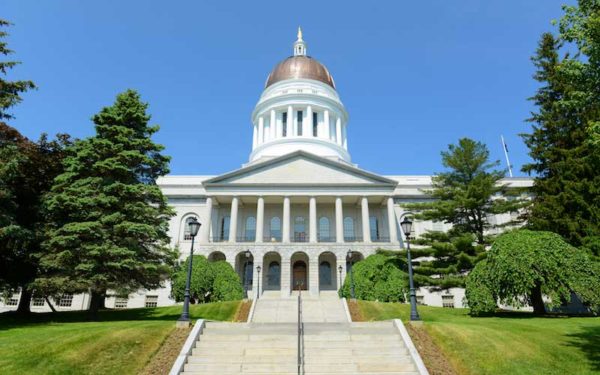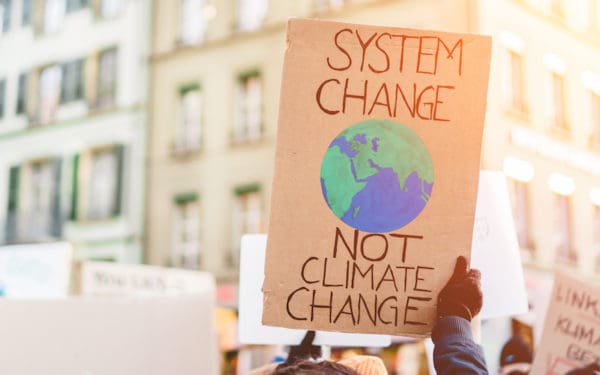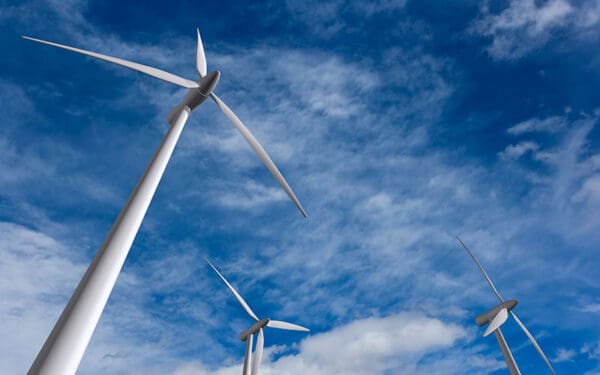
The Problem
Climate change threatens our communities, our economy, and our environment – and it needs an urgent response now. Developing clean energy resources is a vital part of that response – and finding practical solutions that boost our ability to generate clean energy in responsible ways is key. That means tapping into resources that are naturally replenished and permanently sustainable. Fortunately, New England has plenty of both.
CLF in Action
CLF has long championed clean energy in New England, taking a multi-faceted approach. CLF works state by state to assist policymakers to develop regulations and incentives that will grow the market for clean energy, including through renewable energy portfolio standards, which require a set amount of electricity be generated from renewable sources. At the same time, by advocating for transmission upgrades so that renewable energy projects can connect to the electricity grid, CLF is making it easier for more clean energy to power our homes and businesses. CLF has also been involved in efforts to identify the best places for offshore wind development through the crafting of ocean management plans in Massachusetts and Rhode Island.
Progress
This summer, CLF marked a watershed moment in U.S. history when Deepwater Wind began construction on the nation’s first offshore wind farm in Rhode Island’s Block Island Sound. CLF President Bradley Campbell and CLF Rhode Island Director Tricia K. Jedele toured the site alongside environmental, business, community, and state and national political leaders. Once spinning, the project’s five turbines will supply almost all of the energy needs for Block Island residents, saving businesses and families an estimated 40 percent on their energy bills and reducing life- threatening pollutants associated with dirty energy.
This was a project years in the making – and CLF was there every step of the way. The organization’s smart and effective advocacy during the development of Rhode Island’s ocean management plan helped create a straightforward process for the offshore wind farm’s permitting. What’s more, CLF ensured that the drive to secure clean, renewable energy didn’t come at the expense of ocean wildlife. With its partners, CLF developed an historic agreement with Deepwater Wind to minimize the impacts of its pre-construction activities on endangered North Atlantic right whales. That agreement lays a critical foundation for how to balance the needs of our precious ocean wildlife with those of the renewable energy industry during future offshore wind projects in New England and elsewhere in the country.
Next Steps
Deepwater Wind’s successful kickoff shows that large-scale renewables do have a place in New England, when supported by the right policies, laws, and market initiatives – alongside a fair bit of vision, courage, and fortitude among state leaders and stakeholders. As CLF pushes ahead with efforts to bolster the region’s clean energy economy and works to help shape New England’s first region-wide ocean plan, the example set here in Rhode Island is one that bears replicating not only across our region, but throughout the United States.



